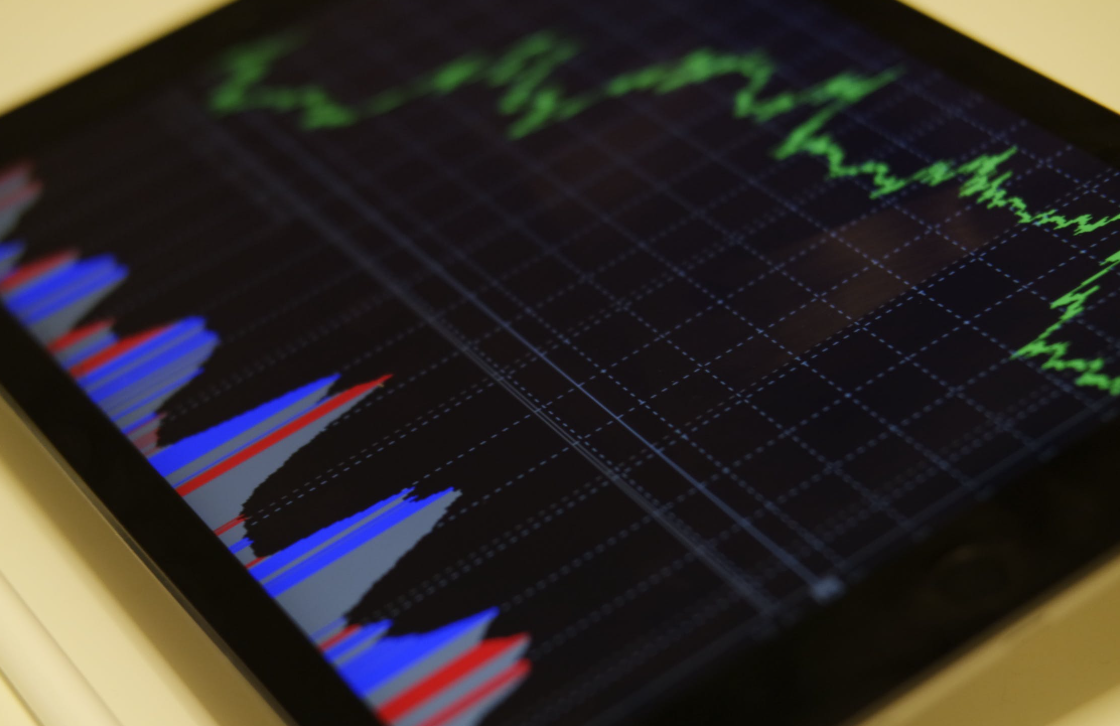
Information as of June 1, 2020
What is going on with the stock markets? America is trying to recover from an unprecedented pandemic and is in the throes of serious civil unrest caused by the brutal killing of George Floyd. Yet the stock market magically keeps on going up, erasing most of the losses that occurred as a result of the pandemic.
Stock market analysts might explain this latest rise to optimism about the opening of the economy. There are some glimmers of hope. Unemployment claims, although still at record highs, are trending downward. Businesses and even restaurants are slowly coming back to life. But the hope for a quick rebound is fading as we realize that there are significant costs to maintaining safety while the pandemic continues. Even if a vaccine is successfully developed, it is likely that it will not be available until early next year.
What’s happening with international stock markets?
Internationally, each country is facing significant challenges to returning back to normal. Even in countries like Germany, where the spread of the coronavirus had been relatively well contained, the economy is struggling to return to pre-COVID 19 growth rates.
Part of the problem for Germany and the world over is that, resulting from the pandemic, trade has taken a considerable hit. Trade costs have risen due to the difficulty in maintaining or re-establishing supply chains and due to increasing nationalism, as each country looks to secure essential products for its own citizens.
Why do stock markets continue to increase after reaching new lows in mid-March?
Measured against corporate earnings, stock prices appear to be relatively expensive; however, measured against the returns offered by other safe investments like government bonds, perhaps stocks are priced appropriately. With the Federal Reserve vastly increasing its purchases of government debt and even corporate debt, interest rates remain near historic lows. The 10-year treasury for example stood at 0.68%, near its record low of 0.57%.
The big question is whether interest rates will remain at these historically low levels. The answer hinges on the inflation outlook. In the short to medium term it is hard to imagine inflation increasing much with the nation in the throes of a deep contraction. At some point however as the economy recovers, inflation and interest rates may trend up sharply.
Should you invest in cash?
With so much negative news to be absorbed, it may be tempting to put some portion of your investments in cash at least temporarily in order to wait for conditions to return to normal. From a historical perspective, such a move would be costly. DFA analyzed a hypothetical portfolio made up in stocks in the S&P 500 index over the past 50 years. Missing out on just one best-performing day in that period cost the portfolio 10%.
Missing out on the 5 best-performing days cost 35%. The message behind this analysis is straightforward: trying to time the market is not only futile, but costly. We have been encouraged by many of your responses, which indicate that you are sticking with your investments even through the bad times. Although the US is facing an unprecedented crisis, we as a nation have been remarkably resilient in responding to and recovering from calamity.
We all look forward to better days to come! As always, Christina and I welcome your questions or concerns about your portfolios.
Previous economic update: